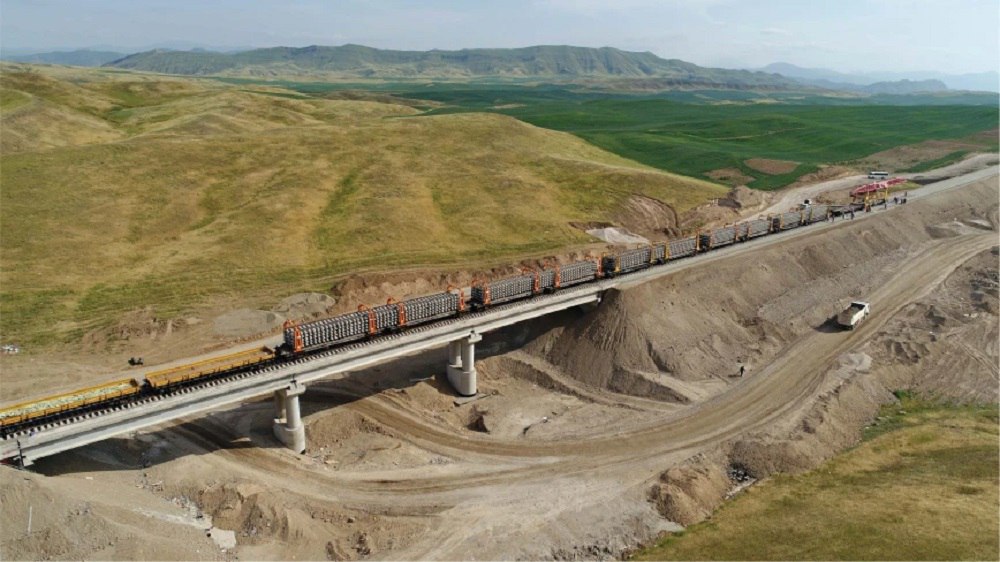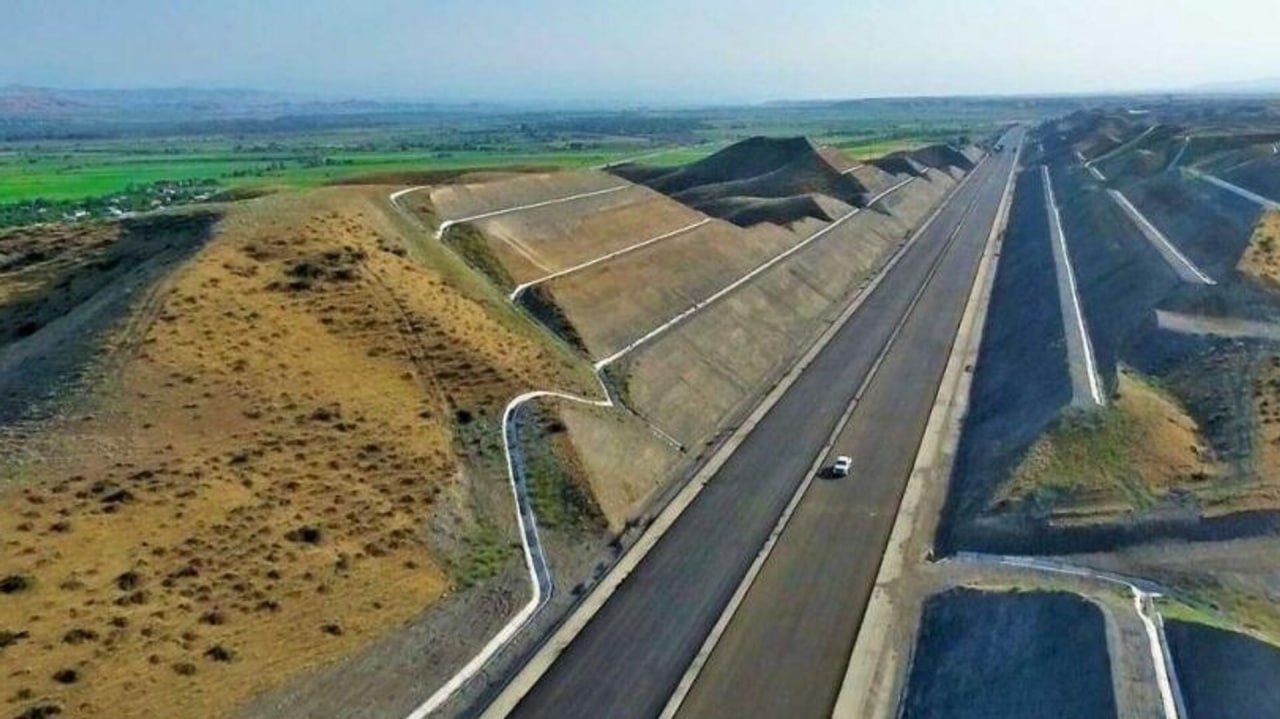Tehran's panic over Zangezur: Iran against Russia? A perspective from Baku
Zangezur Corridor: Iran against Russia
Mutual accusations between Iran and Russia over the Zangezur Corridor continue to escalate. The Azerbaijani Azpolitika online magazine has published an analytical article about the intensified relations between Iran and Russia surrounding the Zangezur Corridor.
- In Azerbaijan, Abzas Media case investigation extended until the end of the year
- “Contradictions between Russia and Iran on the ‘corridor’ issue are obvious”: Opinion from Yerevan
- Authorities in Georgia to establish grant program for NGOs listed as ‘foreign agents’
“The Corridor remains a priority for Moscow”
“After Russia’s Foreign Minister Sergey Lavrov, during his visit to Baku, accused Yerevan of sabotaging the trilateral agreement on opening transport communications, a statement by the official representative of the Russian Foreign Ministry, Maria Zakharova, that ‘the corridor remains a priority for Moscow’ provoked strong protests in Tehran.
Moscow insists that the corridor must be opened as stipulated by the ceasefire agreement and that its security should be controlled by the Russian Federal Security Service.
Lavrov describes Armenia’s alignment with Iran as ‘sabotage,’ which irritates Tehran. Officials and parliamentarians of various ranks in Iran have made statements on the issue.”
“The Zangezur Corridor – Iran’s red line”
“The foreign minister of the Islamic Republic of Iran, Abbas Araghchi, stated that the Zangezur Corridor is a red line for Iran. He noted that any change to the borders of neighboring states is a red line for his country and is ‘completely unacceptable.’ This statement from the Iranian official signifies Tehran’s opposition to the opening of the corridor.
Ibrahim Azizi, the chairman of the Iranian Parliament’s National Security and Foreign Policy Commission, also opposed the Zangezur Corridor. He said that the Islamic Republic views the Zangezur Corridor as a ‘red line’ and would respond harshly to any border changes.
According to Ibrahim Azizi, the geopolitical developments surrounding the Zangezur Corridor are not in Iran’s interest. The Iranian MP added that if a threat to the territorial integrity of his country arises, official Tehran will defend itself.”
A similar statement was made by Iran’s ambassador to Armenia, Mehdi Sobhani. Referring to Azerbaijan, he expressed his views on the opening of the Zangezur Corridor:
“The dreams and wishes of some regarding the so-called corridor passing through Syunik (a region in southern Armenia) will not come true. The territorial integrity of our neighbors is our red line.”
The Iranian side issued a statement directed against Russia and the corridor. Iranian MP Fada-Hossein Maleki stated that Russia’s desire to establish a corridor through Armenia is a “stab in the back” and is “completely unacceptable” for Iran.
Maleki, a member of the Parliamentary Commission on National Security and Foreign Policy, added that “Iranian diplomacy will provide a firm response to the latest position of the Russian president in support of the Zangezur Corridor.”
He noted that if Tehran is marginalized or its borders are threatened, it will respond decisively.
Iranian media have also joined in. For example, the website Tabnak notes that the Zangezur Corridor could reduce Iran’s strategic role in the region in terms of cargo transit:
“This corridor will strengthen the roles of Turkey and Azerbaijan, shifting the balance of power to Iran’s disadvantage.”
The Isca News website writes that Iran must convey its concerns to Russia regarding the Zangezur Corridor:
“After the war in Ukraine, Iran has suffered greatly due to its cooperation with Russia, but it seems that Moscow does not care about Iran’s position and its ‘red lines,’ sacrificing them for greater advantages.”
“Iran shifting from Russia to the West?”
“This situation reveals some interesting points.
First, Iranian authorities are raising concerns about the corridor not with Armenia, but with Russia, and they continue to send similar signals in a veiled, non-specific manner.
Second, the Iranian side seems to overlook the fact that there is a trilateral declaration between Azerbaijan, Armenia, and Russia, which mentions the issue of connecting the western regions of Azerbaijan with Nakhchivan.
Third, this is about opening a transport corridor; no restrictions are being imposed on Iranian territory. Therefore, the logic behind Iran’s statements on this matter is unclear.
Fourth, what Russian Foreign Minister Sergey Lavrov said fully aligns with the trilateral declaration signed in 2020. So, why is Iran targeting Lavrov? This suggests that Iran either wants to play a balancing act between the West and Russia or is shifting towards rapprochement with the West.”
This raises the question: Is this the policy of Iran’s new president or its supreme leadership? It’s difficult to determine. In either case, it seems clear that Iran is aiming to distance itself from Russia. After its direct involvement in the war in Ukraine, Iran is now under pressure from the West and appears to be trying to shift away from this position and move closer to the West.
For nearly four years, Iran maintained a firm and uncompromising stance on the Zangezur Corridor, but now, for the first time, it has openly expressed opposition to Russia and finds itself “face to face” with Moscow. Tehran’s concern stems from the fact that the opening of the Zangezur Corridor under Russian control could lead to the loss of its direct border with Armenia.
Interestingly, the issue of the Zangezur Corridor, framed by Tehran’s dissatisfaction, is expected to be part of the agenda at the upcoming “3+3″ meeting. Perhaps the participants of this forum will be able to clarify the contentious points and address the questions raised by the involved parties.”




















